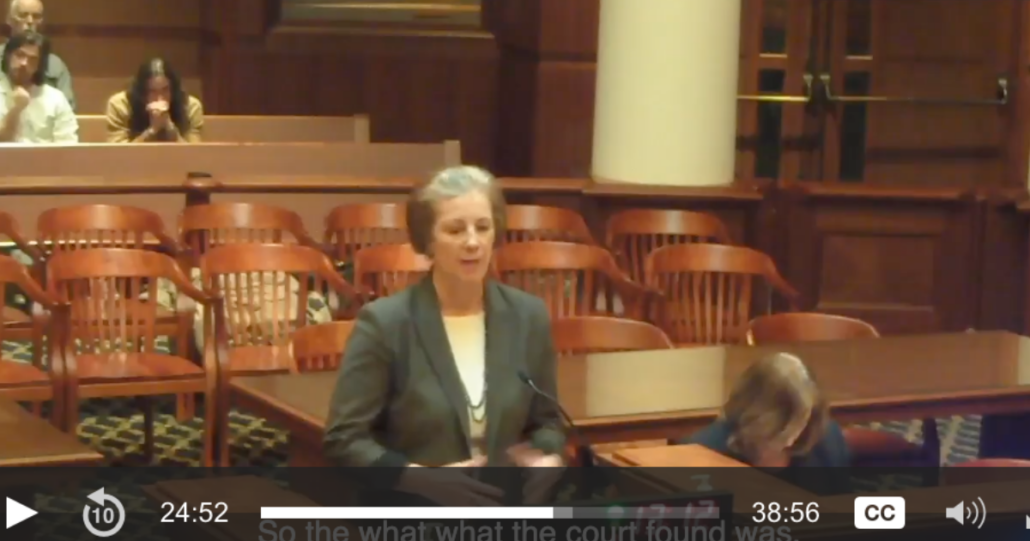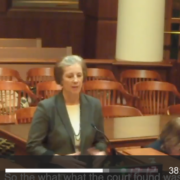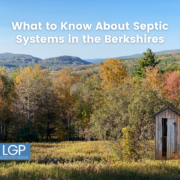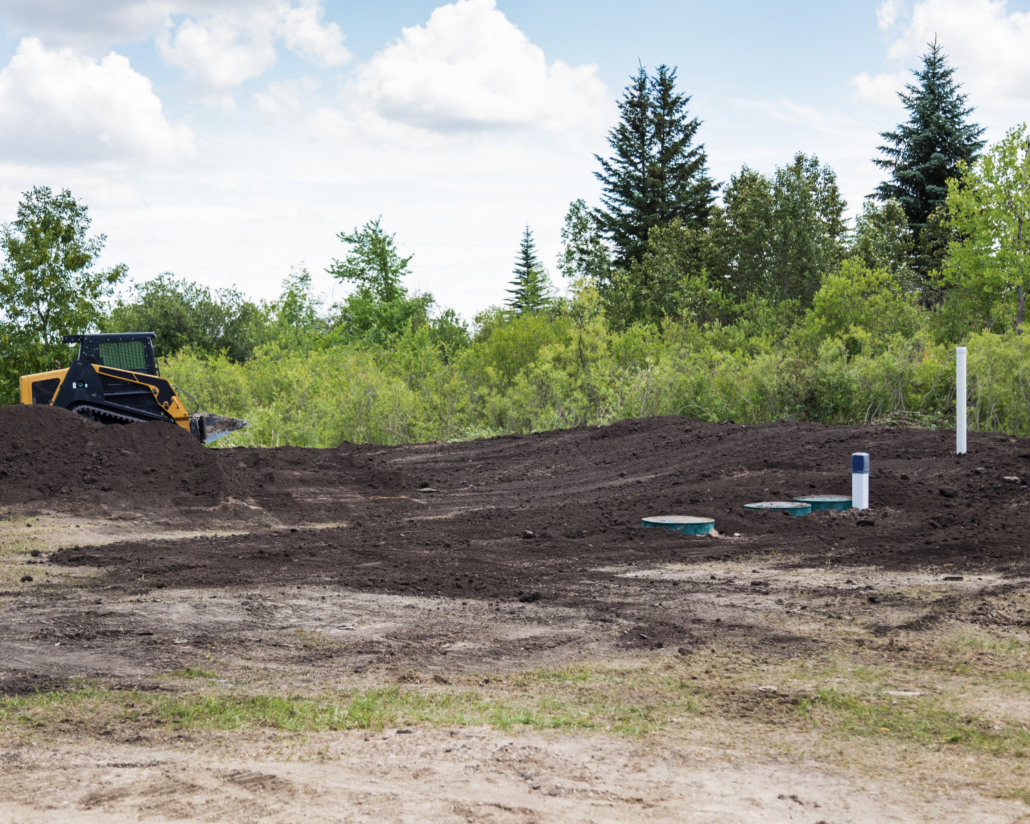Glover SJC Zoning Case: Religious Use Exemption
The Massachusetts Supreme Judicial Court has ruled in favor of Lazan, Glover & Puciloski’s client, Hume Lake Christian Camps. The Court ruled this month that state law exempting religious organizations from local zoning bylaws extended to the camp’s request for 12 recreational vehicle sites. The case is Hume Lake Christian Camps, Inc. v. Planning Board of Monterey, Slip Opinion SJC-13365, p. 27 (June 7, 2023). Click here for SJC ruling.
This ruling has statewide significance because it provides much-needed definition to the scope of the religious exemption from zoning in all towns and cities. This guidance in a complicated area of law is welcomed by religious organizations and municipalities alike. The decision also affirms the right, established by the Massachusetts Constitution and the First Amendment to the United States Constitution, for religious institutions to practice their religions in accordance with their own beliefs. Watch the oral argument here.
Alex Glover says, “This ruling has statewide significance because it provides much-needed definition to the scope of the religious exemption from zoning in all towns and cities. This guidance in a complicated area of law is welcomed by religious organizations and municipalities alike.”

The camp, which is located on more than 400 acres, would use the RV sites exclusively for temporary housing for people attending the religious camp programs and for paid staff and volunteers at the camp. The RV sites would never be opened to the public.
The Court held that the primary or dominant purpose of the camp is to advance Hume’s evangelical mission. Because all of the proposed uses of the RV camp would serve to aid Hume NE in carrying out this mission, the Court concluded that the primary or dominant purpose of the RV camp would be a religiously significant goal. Accordingly, the proposed RV camp would be an exempt use under the so-called Dover Amendment, the portion of the Massachusetts Zoning Act protecting religious uses and structures.
In order to rule in Hume’s favor, the SJC had to make two determinations: (1) whether Hume is a religious sect or denomination protected by the Massachusetts law called the Dover Amendment; and (2) if so, whether Hume uses its land or structures for a religious purpose. There is surprisingly little law about the scope of the religious exemption from zoning afforded to religious organizations in Massachusetts. The Court answered both questions in the affirmative.
The Court specifically noted that there is a significant danger of inquiring too closely into what is a “necessary” element of a religion, as this inquiry could violate the First Amendment to the United States Constitution. The bottom line is that one cannot look at individual rooms, activities, or components of a religious organization, to determine whether a particular building or use is exempt from zoning. The question is the use of the structure or land as a whole. Uses that are otherwise secular can be integral to a religious mission. The Court noted the following examples: a cafeteria, gift shop, maintenance shed, parking lot, radio station, snack bar – or recreational vehicle sites. These uses can be as protected from zoning as a church edifice, itself.
Here’s the Massachusetts Lawyers Weekly take on the ruling.
Contact us for real estate closings, zoning/permitting, land court litigation, and mediation. Lazan Glover & Puciloski, LLP: lawyers for complex real property issues.
Want more info on Zoning in the Berkshires? Click here.
Disclaimer: The information contained herein is for informational purposes only. It does not constitute the rendering of legal or other professional advice or services. Your review of this post and/or use of the Lazan Glover & Puciloski, LLP website does not create an attorney-client or confidential relationship between you and Lazan Glover & Puciloski, LLP or any of its attorneys. Information provided herein or on the website should not be relied upon or used as a substitute for consultation with legal, accounting, tax, and/or other professional advisors. Since any electronic communication between you and Lazan Glover & Puciloski, LLP through this website will not be privileged or confidential, it may be disclosed to other persons and may not be secure. Accordingly, please do not send any e-mail to the Firm that contains confidential or sensitive information without first speaking with an attorney at Lazan Glover & Puciloski, LLP and receiving permission to do so.




